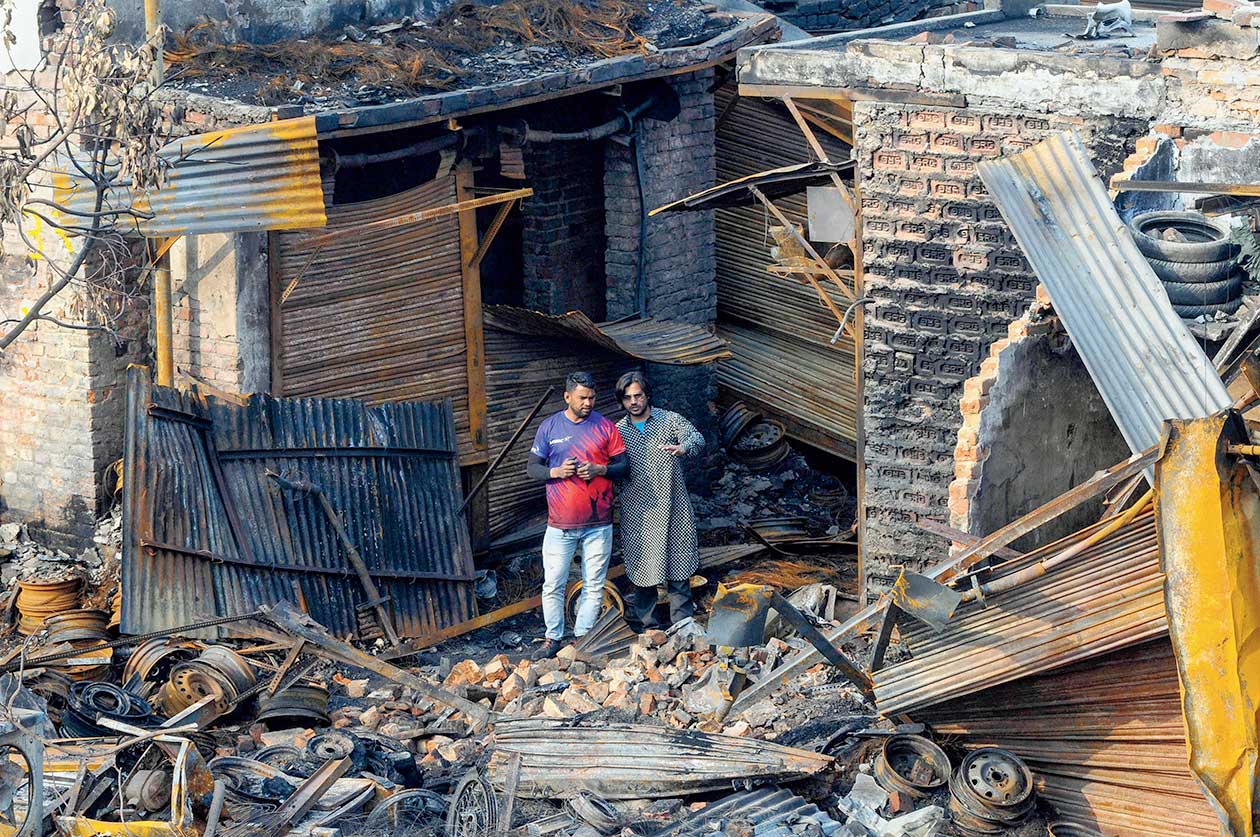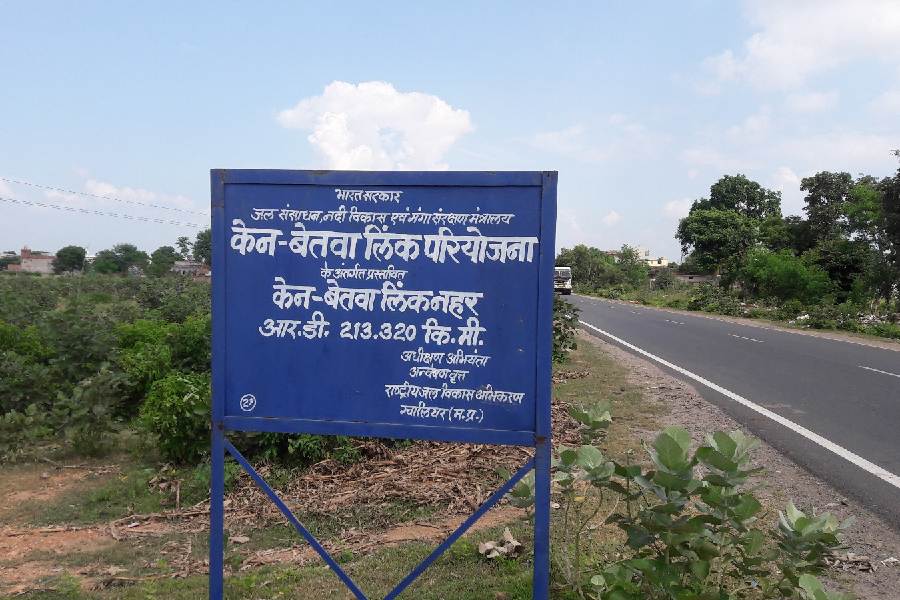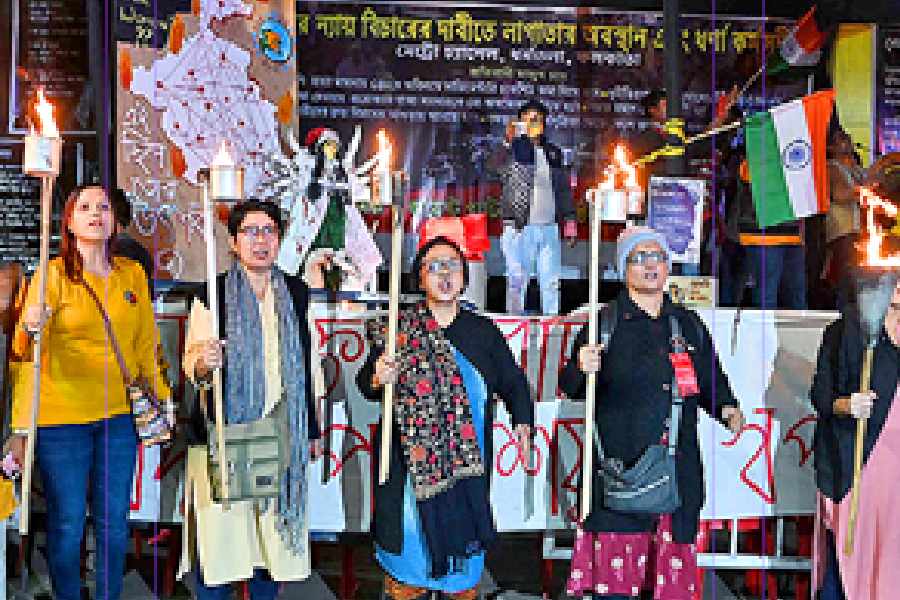The Muslims in Prime Minister Narendra Modi and home minister Amit Shah’s home state of Gujarat are not concerned about the CAA, NRC or NPR, not because they have all the necessary documents but because they have already been made second-class citizens.
The much-touted “Gujarat development model” has bypassed them. Today they live segregated, ghettoised lives, marginalised by the state, all political parties and even other Gujaratis.
Two-and-a-half decades of BJP rule has been marked by “demonising” and “othering”, topped off by a state-sponsored pogrom that deprived Muslims of family members, homes, jobs, businesses, a sense of security and even the hope of a brighter future.
“We have been ghettoised and these are our detention camps. Look at the conditions we live in. The government doesn’t need to build detention camps for ‘doubtful’ persons in Gujarat. They have already decided that Muslims here are not citizens, and they don’t need to carry out an NRC to say that,” said Mohammed Irfan, a financial consultant who lives with his family in Juhapura, the largest Muslim ghetto in India.
The Muslim localities are cramped and overcrowded with very little room to expand, and yet properties command exorbitant prices as demand far outweighs supply.
The spacious apartment blocks in the newly developed parts of the city are much cheaper, but Muslims are not allowed to buy them.
“The violence of 2002 was the cut-off date. After that there are only Hindu areas and Muslim areas, there are no mixed localities. It’s an unofficial rule. Muslims are not allowed to live in Hindu areas,” Irfan explained.
“I tried to buy a flat in the new colonies; when the promoter heard my name he said, ‘They are not for you.’ I cannot rent rooms in those colonies, either, and there is no longer even a pretence of ‘vegetarians only’.”
It’s the same for businesses too. Muslims cannot buy or lease shops in the spanking new steel and glass malls — another unwritten rule. There are old-style markets in the ghettos that are reserved for Muslim traders whose customers are also from their own community.
“We pay our taxes but get no civic facilities. The corporation doesn’t come to collect the garbage for days and then Muslims are called dirty,” said Waris Amin, who has a small utensil shop in the Kalupur area of the old city.
“Water and electricity are in short supply and are switched off randomly. The corporation will come, dig a hole for some reason or the other, and then the road will not be re-laid for months so that an already narrow lane becomes even smaller.”
For the last 20 years, the BJP has had a majority in the state Assembly, all municipal corporations and most of the panchayat bodies.
“They have made it clear they do not need our votes to win elections and hence do not need to give us even basic facilities. Our elected councillor may try as hard as he can, but he is in a minority and no one is listening to him anyway,” Amin said.
Muslims make up 9.67 per cent of Gujarat’s population and yet the BJP has never fielded a single Muslim candidate in any of the Assembly elections.
In a house of 182, three Muslim MLAs managed to win from Muslim-dominated urban seats in the 2017 elections. All three are from the Congress. In the 2012 Assembly elections, only two Muslims had won. They were from the Congress too. The last Muslim to make it to the Lok Sabha from Gujarat was the Congress’s Ahmed Patel in 1984.
Immediately after the 2002 violence, many school principals had urged Muslim parents to take their children out of schools in majority-dominated areas because they could not guarantee their security.
A frightened community had obliged and temporarily sent their children to local schools in Muslim areas. This segregated schooling has now become the norm. Despite 18 years of riot-free rule, as the BJP proudly claims in Gujarat, private Hindu-run schools are still not willing to admit Muslim students.
“We scrimp and save to give our children a good education and a better future, but when we go to these big schools for admission, they tell us, ‘Why don’t you go to your own schools?’ Where do Muslims have the money to run such good schools?” rued Sadaf Rehman, a mother of two.
“Some officials even go to the extent of saying, ‘Why are you educating your children; it’s not as if they are going to become IAS officers, they are only going to become…” she trailed off, visibly upset.
For all practical purposes Muslims here have been living segregated lives for nearly two decades, maginalised politically, economically and socially. Denied homes, employment, schooling or even business opportunities in Hindu localities, they live and die in their ghettos. Oppressed and forgotten.
“How will a detention camp be any worse?” asked Irfan. “This is what the BJP plans to replicate in the rest of the country with riots and the NRC, so beware!”
Sajeda Momin, a senior journalist, was The Telegraph’s Gujarat correspondent











